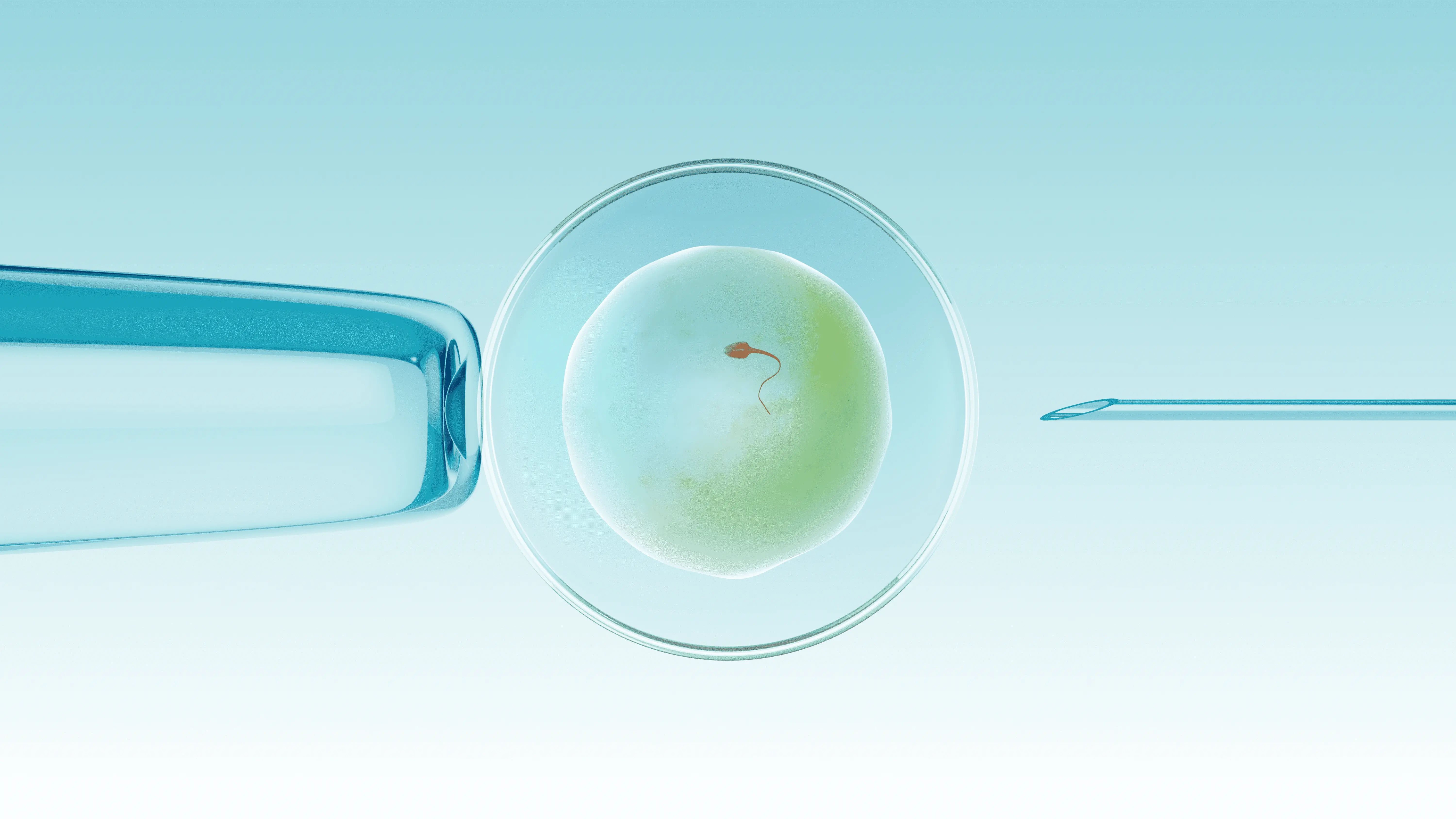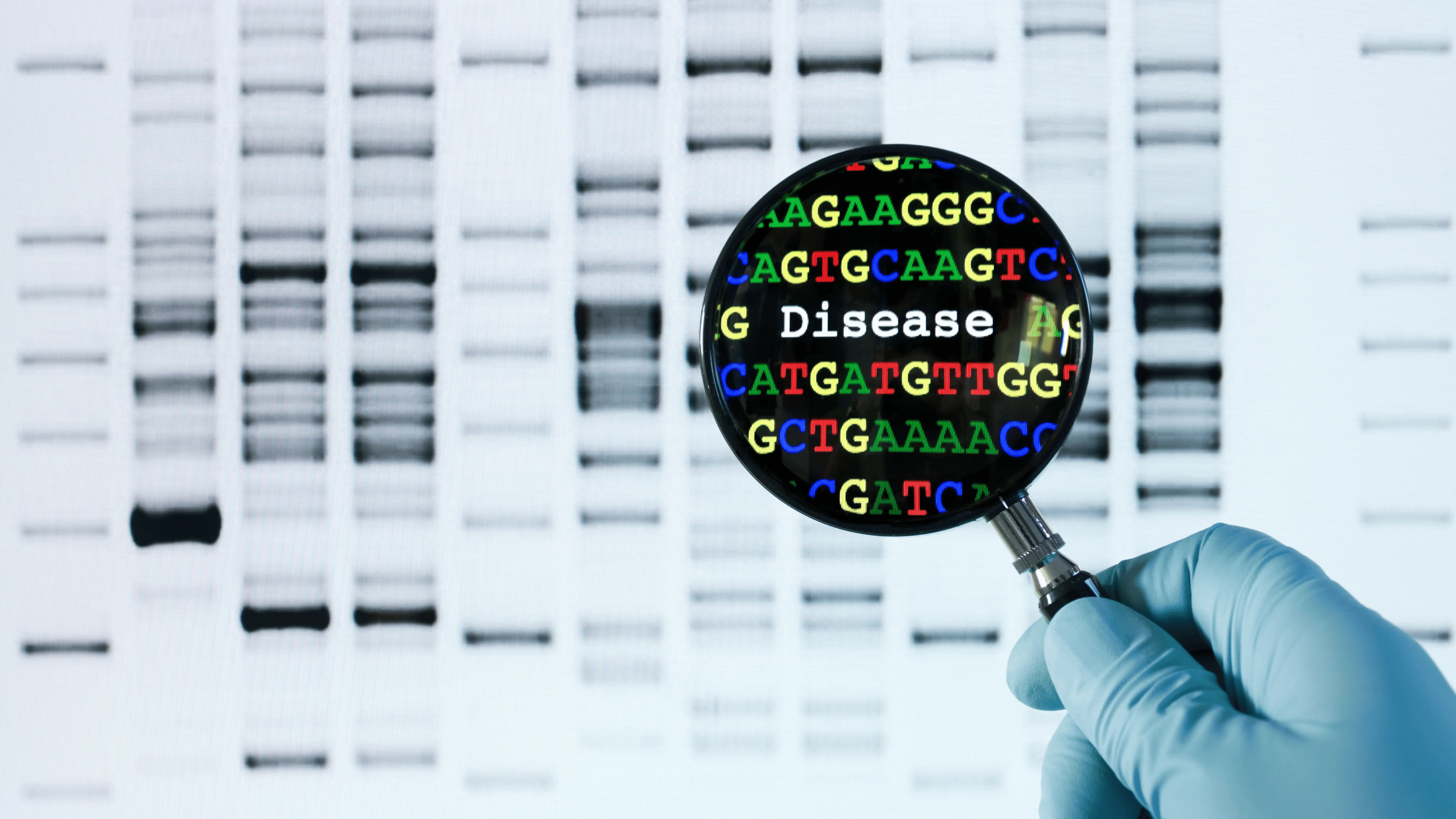
Preimplantation Genetic Testing
A Smarter Approach to IVF Preimplantation Genetic Testing (PGT) is a method used during In Vitro Fertilization (IVF) to check embryos for genetic abnormalities before implantation. This process helps select genetically healthy embryos, reducing the chances of miscarriage and inherited conditions while improving the likelihood of a successful pregnancy.
At NCare IVF Kannur, Kerala, we provide precise genetic screening to support couples who may have a family history of genetic conditions, recurrent miscarriages, or unsuccessful IVF attempts. By identifying potential concerns early, PGT helps ensure a smoother fertility journey with better outcomes.
Considering PGT for your IVF treatment? Schedule a consultation with our experts to understand how genetic testing can support your fertility journey.
How Preimplantation Genetic Testing (PGT) Works
Preimplantation Genetic Testing (PGT) is a multi-step process conducted during an IVF cycle to ensure only healthy embryos are selected for implantation. Each stage is carefully performed to maximize success rates while maintaining embryo integrity.

Step 1: IVF and Embryo Development
Eggs are retrieved from the ovaries and fertilized with sperm in a controlled laboratory environment. The resulting embryos are monitored for 5-6 days until they reach the blastocyst stage, the ideal phase for genetic testing.
Step 2: Embryo Biopsy for Genetic Analysis
A microscopic biopsy is performed on each embryo, where a small number of cells are carefully removed. This step is conducted using precise techniques to ensure the embryo remains unaffected and continues developing normally.


Step 3: Comprehensive Genetic Screening
The extracted cells undergo genetic analysis, where specialists examine them for chromosomal abnormalities, single-gene disorders, structural rearrangements, polygenic risk factors (PGT-P), or via non-invasive screening (niPGT).
Step 4: Selection of Genetically Healthy Embryos
Once the analysis is complete, only chromosomally normal and genetically healthy embryos are selected for transfer.


Step 5: Embryo Transfer and Pregnancy Testing
A carefully selected healthy embryo is transferred into the uterus, increasing the likelihood of implantation and a successful pregnancy. A pregnancy test is conducted 12-14 days after embryo transfer to confirm the outcome.
Benefits of PGT at NCare IVF
- 🌟 Improves the chances of a healthy pregnancy
- 🛡️ Reduces the risk of miscarriage and genetic disorders
- 👨👩👧 Supports informed family planning decisions
Types of Preimplantation Genetic Testing (PGT)
Preimplantation Genetic Testing (PGT) includes various screening methods, each designed to address specific genetic concerns. Selecting the right test based on individual medical history and fertility goals improves the chances of a successful pregnancy.
PGT-A: Screening for Chromosomal Abnormalities
PGT-A helps detect missing or extra chromosomes in embryos. Chromosomal imbalances may lead to conditions such as Down syndrome, Turner syndrome, and Edwards syndrome, which can affect pregnancy success.
Who Benefits from PGT-A?
- Women over the age of 35 who have a higher risk of chromosomal abnormalities
- Couples who have experienced multiple miscarriages
- Individuals with a history of unsuccessful IVF cycles
PGT-M: Detecting Single-Gene Disorders
PGT-M identifies embryos affected by inherited genetic conditions caused by mutations in a single gene. This test helps couples with a known history of genetic disorders reduce the risk of passing these conditions to their child.
Genetic Conditions Detected by PGT-M:
- Thalassemia
- Cystic Fibrosis
- Sickle Cell Disease
- BRCA-related hereditary cancers
PGT-SR: Identifying Structural Chromosomal Rearrangements
PGT-SR is designed for individuals with chromosomal structural variations, such as translocations, inversions, or deletions. These genetic changes can lead to implantation failure, pregnancy loss, or birth defects.
Why Consider PGT-SR?
- Detect structural abnormalities that may affect embryo viability
- Reduce the risk of implantation failure or miscarriage
- Improve the chances of a healthy and successful pregnancy
PGT-P: Testing for Polygenic Conditions
PGT-P is a cutting-edge test that screens embryos for polygenic conditions — conditions influenced by multiple genes and lifestyle factors. These include common diseases like heart disease, type 2 diabetes, and certain cancers.
Benefits of PGT-P:
- Provides a genetic risk profile for complex diseases
- Helps select embryos with a lower genetic risk for common health issues
- Supports long-term health planning for future generations
niPGT: Non-Invasive Preimplantation Genetic Testing
niPGT is a non-invasive testing method that analyzes cell-free DNA released by embryos into the culture medium. It offers genetic screening without embryo biopsy.
Advantages of niPGT:
- Completely non-invasive and embryo-safe
- Helps identify chromosomally normal embryos
- Ideal for patients who wish to avoid embryo biopsy
Who Should Consider Preimplantation Genetic Testing (PGT)?
Preimplantation Genetic Testing (PGT) helps identify genetic abnormalities before embryo implantation, ensuring a healthier pregnancy. While not required for every IVF cycle, it is highly recommended for individuals or couples with specific medical histories.
Ideal Candidates for PGT:
- Couples with a history of genetic disorders
- Women over 35
- Couples who have experienced recurrent miscarriages
- Individuals with previous IVF failures
- Men with genetic infertility concerns
- Patients considering family balancing
Our fertility specialists provide expert genetic counseling, helping couples understand the benefits of PGT and whether it is the right choice for their journey to parenthood.
Benefits of Preimplantation Genetic Testing (PGT) at NCare IVF

Improved IVF Success Rates

Reduced Risk of Miscarriage

Prevention of Inherited Genetic Disorders

Healthier Pregnancy Outcomes

Better Family Planning Options

Success Rates of IVF with Preimplantation Genetic Testing (PGT)
- Higher Implantation Rates - 60-70% per cycle
- Lower Miscarriage Risk – From 20-25% down to below 10%
- Improved Live Birth Rates
Why Choose NCare IVF for Preimplantation Genetic Testing (PGT)?

Advanced Genetic Testing Lab

Experienced Specialists

Comprehensive Screening (PGT-A, PGT-M, PGT-SR, PGT-P, and niPGT)

Safe & Ethical Procedures

Convenient Location in Kannur
Frequently Asked Questions
Copyright © NCare IVF




